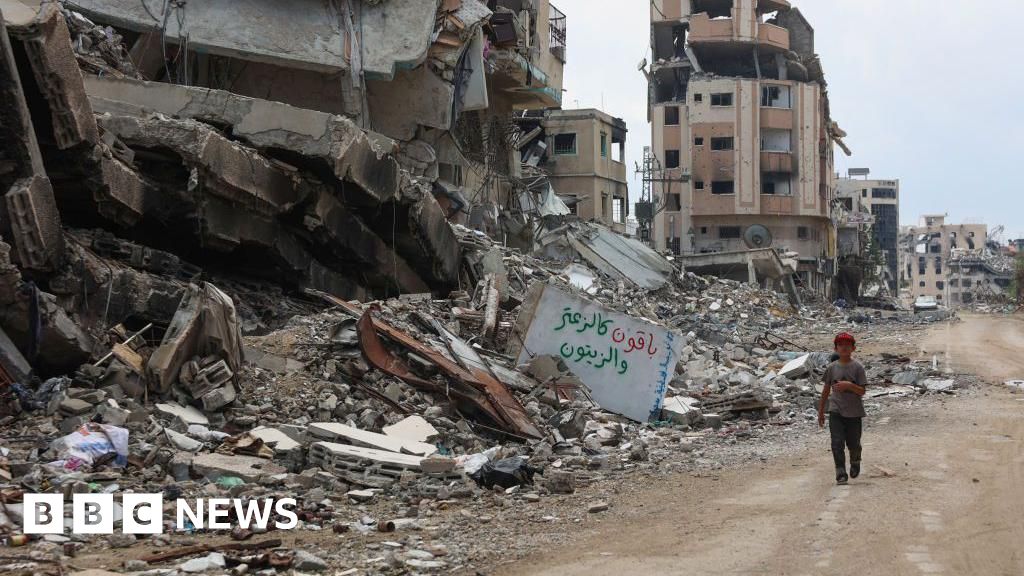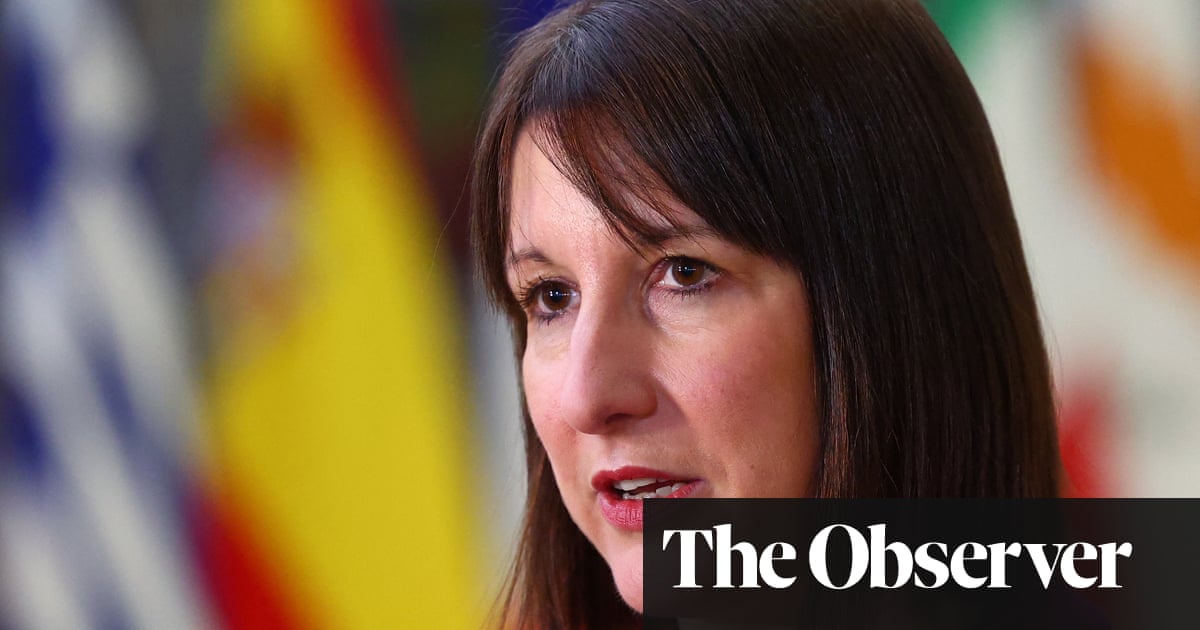UK defends partial Israel arm sales ban

- by Admin
- September 3, 2024

The UK has defended its decision to suspend some arms sales to Israel.
Israeli Prime Minister Benjamin Netanyahu has called the decision “shameful”, saying on social media that it “will only embolden Hamas”.
But Husam Zomlot, the Palestinians’ top envoy to the UK, called the partial ban an “important first step” to the UK’s fulfilment of its “legal obligations under domestic and international law”.
On Monday, the UK suspended around 30 out of 350 weapons export licences to Israel.
But Defence Secretary John Healey insisted the UK remained a “staunch ally” of Israel, telling the BBC Israel’s security would not be weakened by the decision.
Government ministers say the weapons could be used in Gaza to violate international law.
Human rights group Amnesty International UK said the measures were “too limited”.
Others have criticised the timing of the announcement for coming on the same day funerals took place for six hostages killed by Hamas last week.
Mr Healey told BBC Breakfast it was “agonising” seeing the faces of the dead hostages, but said the timing was “driven by the fact that this was a legal process” and the need to report to Parliament.
Foreign Secretary David Lammy said on Monday the UK would be suspending 30 out of 350 arms export licences to Israel, affecting equipment such as parts for fighter jets, helicopters and drones.
Mr Healey said these were chosen because they supplement equipment used in Gaza for “offensive purposes”, while the “vast majority of other parts our country exports to Israel are either not related to the conflict or maybe used for Israel’s defence”.
UK arms sales to Israel are small in comparison to other allies, contributing just 1% of the country’s defence imports.
The UK exports arms to multiple countries including Ukraine, Saudi Arabia and Turkey.
The US is by far the largest supplier of arms to Israel, accounting for 69% of its imports of major conventional arms between 2019 and 2023, according to the Stockholm International Peace Research Institute.
In a statement, Mr Zomlot said that the Palestinian Mission to the UK would “continue working” with the UK government towards a “full arms embargo”.
Amnesty International UK accused the government of “gesture politics”, given less than 10% of arms export licences were suspended.
The charity’s chief executive, Sacha Deshmukh, said the restrictions were “too limited and riddled with loopholes”.
“[The] decision means that while ministers apparently accept that Israel may be committing war crimes in Gaza, [the government] is nevertheless continuing to risk complicity in war crimes, apartheid – and possible genocide – by Israeli forces in Gaza,” he said.
The non-profit organisation has continuously called for a ceasefire and for humanitarian aid to be allowed into Gaza.
On social media, Mr Netanyahu said: “With or without British arms, Israel will win this war and secure our common future.
“Instead of standing with Israel, a fellow democracy defending itself against barbarism, Britain’s misguided decision will only embolden Hamas.”
Asked about comments made by former Prime Minister Boris Johnson who accused the government of “abandoning Israel”, Mr Healey insisted the UK would support Israel in defending itself if it came under direct attack.
Criticism has also come from within the Labour Party.
Former shadow foreign secretary Emily Thornberry said the timing was “unfortunate”.
Speaking to BBC Radio 4’s World Tonight programme on Monday, she said: “I suspect that what was wanted was once they got the legal advice, they wanted to come in and tell Parliament about it straight away, but I think that it was unfortunate given all the funerals.”
Ms Thornberry also said she expected a “detailed summary” of the legal advice the government had received over arms, amid questions over the continued supply of parts for F35 jets.
Mr Healey said components for F35s were “deliberately” not included in the suspension as they are used by 20 countries and it would be “hard to distinguish” which components would go into Israeli jets.
Zarah Sultana, who is currently sitting as an independent MP after being suspended from the Labour Party, has called for an end to all arms sales to Israel.
Writing on X, formerly Twitter, the MP for Coventry South described the F35 jets as “the most lethal in the world”.
Former national arms advisor Lord Peter Ricketts told BBC Radio 4’s Today programme the government’s decision was “long overdue”.
Lord Ricketts told the BBC in April following an Israeli strike that killed seven aid workers that the UK should stop selling arms to Israel, claiming there was “abundant evidence” that obligations on civilian safety were not being fulfilled.
In his latest interview with the BBC, he said: “There comes a point when the legal advice is so clear the government has an obligation to follow it.”
The Palestine Solidarity Campaign said the move was “welcome but inadequate”, and said it would continue to push for the government to “apply the principles of international law” to all export licenses.
Israel has repeatedly denied targeting civilians during its military campaign in Gaza, launched in response to Hamas’s unprecedented attack on southern Israel on 7 October during which about 1,200 were killed and 251 were taken hostage.
More than 40,000 people have been killed in Gaza since then, according to the territory’s Hamas-run health ministry.
The Latest News
-
December 23, 2024Daily horoscope: December 23, 2024 astrological predictions for your star sign
-
December 23, 2024Sharp fall in UK business activity forecast as economic gloom deepens
-
December 22, 2024Foxtel offloaded to UK streamer for $3.5b
-
December 22, 2024Elon Musk’s British cousin reveals how brutally world’s richest man snubbed him: ‘I’m shocked that…’
-
December 22, 2024London International Horse Show LIVE: Show Jumping World Cup





